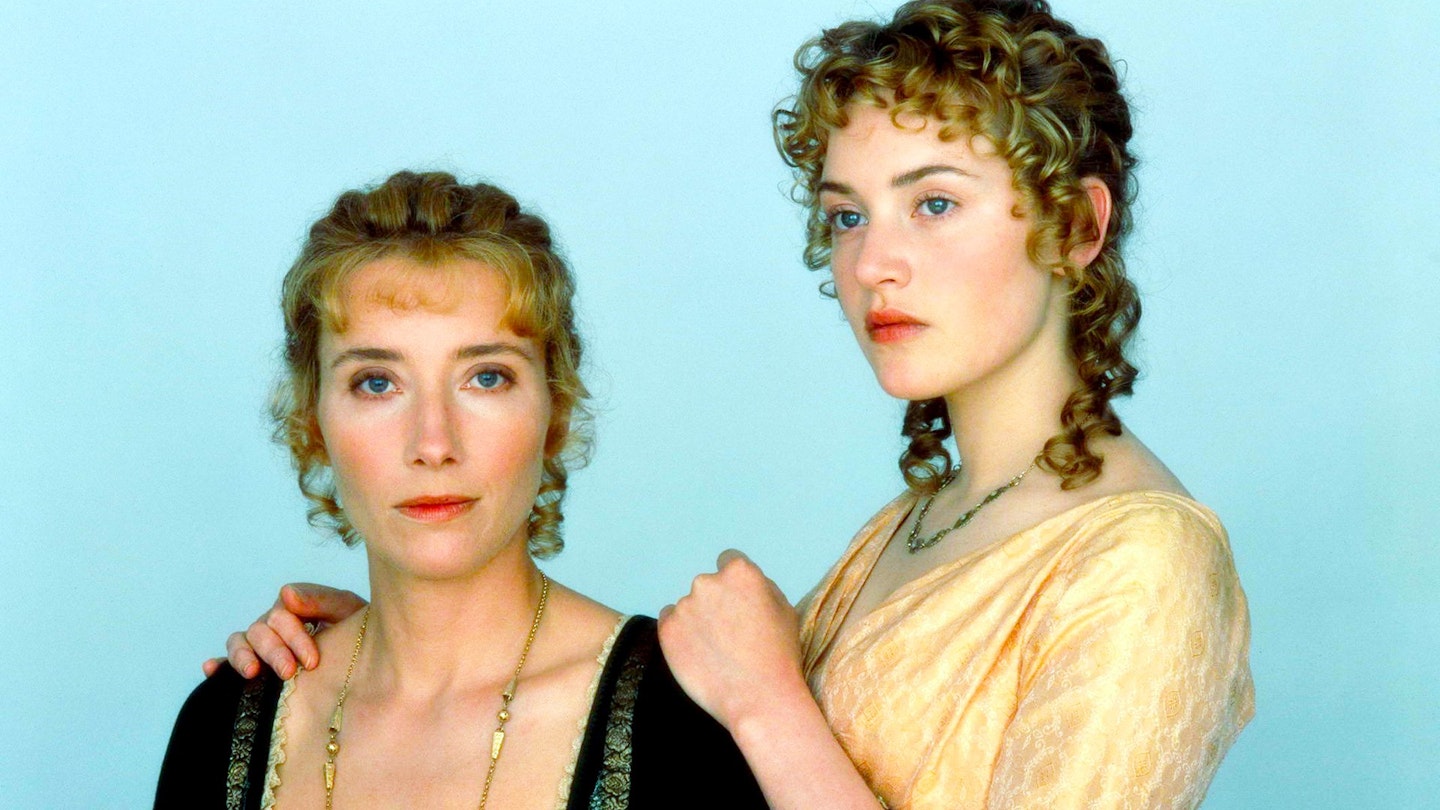Having just got over the Darcy hysteria created by the Beeb's Pride And Prejudice, the British nation has nary time to gird its collective loins before Austen mania takes another bow, in the shape of the first big-screen adaptation of a Jane Austen novel for 50 years. Sense And Sensibility, however, is not simply hitching a lift on the coat-tails of a period drama fad. For star and, just as impressively, screenwriter Emma Thompson this has been a labour of love. She has spent five years adapting Jane Austen's first novel and the dedication has reaped rewards to shame even Auntie's seasoned hand.
For the uninitiated, the story tells of the fortunes of two sisters: the sensible Elinor (Thompson) and the romantic Marianne (Winslet). Love, money and social position are the objects of interest in Regency England, and while Elinor pines for the shy but kind Edward (Grant at his most annoyingly depreciative), Marianne falls, literally, for the dashing but unsuitable Willoughby (Greg Wise, entering swooningly on horseback). Cue various ruptures, reunions, misunderstandings and impediments to true love.
In spite of the predictability of Austin's narrative, Thompson has done a dazzling job in bringing out the comedy of the work. The script bubbles with lovely comic vignettes, and there are some hilarious performances, particularly from Hugh Laurie as the rude monosyllabic Mr. Palmer and Elizabeth Spriggs as the obligatory plump panto-style matchmaker. Thompson leads with assurance as the responsible elder sister who bottles up her emotions for the sake of others, getting some plum emoting as heartbreak and joy drag out her feelings. Winslet, who spends a great deal of the plot passing out, struggles in the more experienced acting company, most notably a wonderfully subtle Alan Rickman as Marianne's faithful admirer, Colonel Brandon.
Taiwanese director Ang Lee (Eat Drink Man Woman) makes a surprising, but ultimately apt choice of director. This is no BBC bodice-ripper drama, nor is there a hint of the lush superficiality of Merchant Ivory. Rather the stormy, muted aspect of the English countryside, plain costumes, and wonderful interplay between the characters take centre stage - Lee is a proven realiser of human emotion. Americans, after the heady mix of Pride And Prejudice and Persuasion, are gluttons for all things British-in-tight-pantaloons, and the film was rightly rewarded with Oscar glory.


